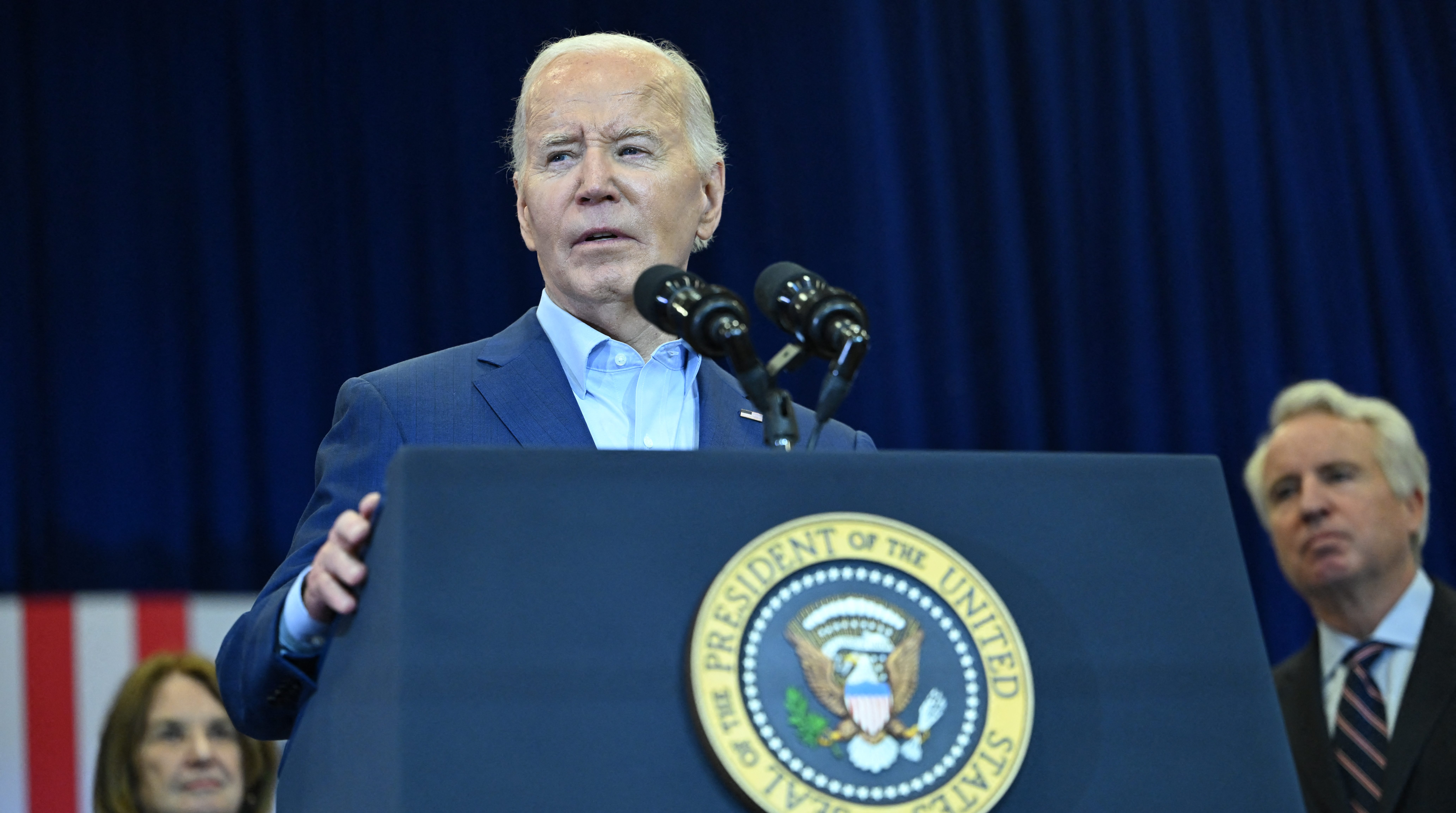After intense lobbying by the California Medical Association and its legislative allies, Governor Jerry Brown signed into law this week a bill that blocks regulatory action against certain health care professionals specially favored by the association.
“There appears to be two sets of laws, one for those with the big dollar lobbying war chests and one for the second-class citizens, like patients and the average taxpayers,” said Paul Gaspar, a spokesperson for a group of physical therapists that opposed the governor’s decision. “Powerful special interests like the CMA seem to think that they are above the law.”
The governor’s signature writes an end to a bitter political battle over an issue that seems at first narrowly parochial: whether the state’s physical therapists should be allowed to work for doctor-owned medical corporations.
For more than a year state regulators have interpreted existing law as making this practice illegal.
Lobbyists for the CMA, the California Podiatric Medical Association and the California Chiropractic Association have repeatedly tried to get the law changed, but failed.
According to their opponents, they then resorted to backroom maneuvering that has compromised the legislative process and ultimately made the governor himself a party to selective law enforcement in the interest of a powerful political lobby.
“What the governor signed was never open to public debate,” Gaspar told NBC4. “It bypassed the normal committee process and was jammed through in the final days of the legislative session.”
These tough words reflect the intensity of feeling on both sides of the controversy and provide some measure of the stakes involved.
Politics
Local, state and national politics
Gaspar estimates that more than 80 percent of California's 25,000 physical therapists, also known as PTs, work in legal practice settings.
But he claims that the minority who work for doctor-owned medical corporations represent an important revenue stream for their employers. They also represent an opportunity for doctors to extend their control of service professions and to take an extra piece of the insurance pie by referring patients to their own PTs, Gaspar said.
The CMA and its supporters counter that an “integrated” approac ensures the best treatment.
But vocal lobbyists for the independent therapists’ camp say it creates a conflict of interest that leads to unnecessary for-profit referrals, raises health care costs, and threatens to put self-employed therapists out of business.
“If we cannot eliminate illegal and costly referral-for-profit schemes,” Gaspar said, “there can be no hope for solving the more difficult problems with health care and our budget.”
Twice in the past six months, state Assemblywoman Mary Hayashi, who receives large political donations from the CMA and other medical groups, tried to persuade her legislative colleagues to change existing law to allow PTs to work for medical corporations. In each instance her proposal died in committee.
She and her supporters then began pressing the Physical Therapy Board of California, a regulatory arm of the Department of Consumer Affairs, to suspend enforcement action against therapists employed by such corporations so that they could continue work with impunity. They also persuaded a joint legislative committee to launch an audit of the Board, claiming -- without offering any proof -- that its outgoing director had an improper relationship with lobbyists for independent PTs.
Finally at the end of the legislative term, Senate Pro tem Darrell Steinberg (D-Sacramento) and other Democrats took over for Hayashi, adding an amendment to an omnibus regulatory measure, SB 543, that would effectively accomplish what she wanted by suspending for one year any regulatory action against physical therapists who are working for medical corporations.
Tucked away in the omnibus bill, the amendment easily passed the Assembly and the Senate several weeks ago with no invitation to public debate and no referral to any committee for consideration.
“It is not good government to sneak an amendment into a ‘must pass’ bill at the last minute,” said Gaspar, “and to blindly favor powerful special interests over patients and taxpayers.”
Steinberg’s press spokesman, Nathan Barankin, told NBC4 that the Senator’s main objective was to provide a cooling-off period so that the two sides could work out a compromise. “This is something the legislators thought we should evaluate. There are so many ways of going about this, considering Hayashi’s open agenda. The main thing is to figure out a complex issue.”
Borrowing an argument from Hayashi, he warned that rapid enforcement action “might hurt patients.”
He also insisted that Steinberg’s vote had been based on conscience and denied that the Senator or anyone else had been steamrollered by a powerful political lobby.
“This clearly is not a David and Goliath case. It is a Goliath v Goliath case,” Barankin said, referring to the CMA and its opponents in the California Physical Therapy Association, which advocates for independent therapists.
The remark baffles CPTA officials who say that their group spent only $57,000 lobbying against the Hayashi bill on the Assembly side, while proponents, including the CMA, spent $2.4 million.
The CPTA’s Stacy Defoe said the newly signed Steinberg measure grants medical corporations leverage over “any future outcome on these issues [and] another year to operate outside the boundaries of the law.”
“At a minimum,” she said, “they get to continue a scheme that shows up time and again as taking way more money out of the health care delivery system than is necessary and provides inadequate care.“
More on the Physical Therapy battle:
Physical Therapy Group Audited by State
Physical Therapy Bill Defeated
Physical Therapy Clinics Scrutinized
Battle Over CA Physical Therapy Intensifies
Follow NBCLA for the latest LA news, events and entertainment: Twitter: @NBCLA // Facebook: NBCLA



